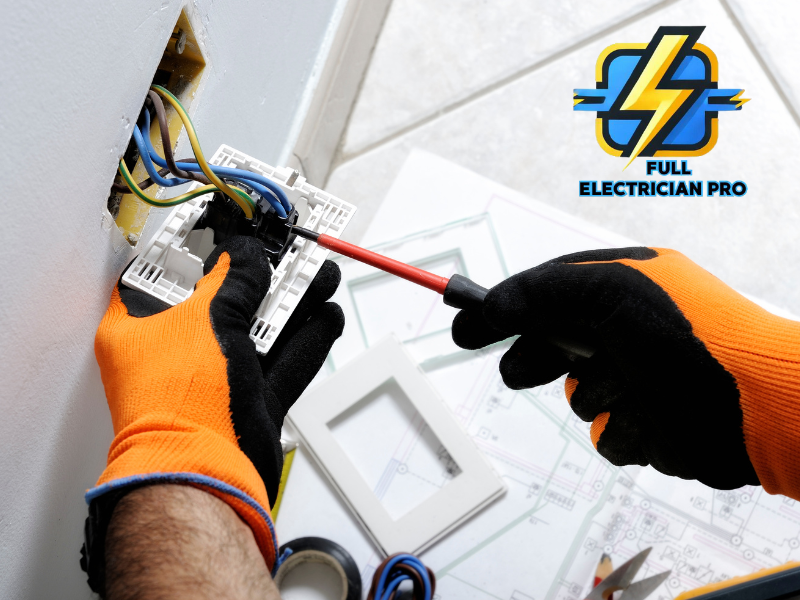
Common and Uncommon Electrical Repairs in Homes and Businesses
Electrical systems are an essential part of any home or business, and over time, they may require repairs due to wear and tear, poor installation, or aging infrastructure. While some electrical repairs are common, others may arise that are more unique or complex, depending on the building and the systems in place. Understanding these issues can help you make informed decisions about when to call in a professional.
Common Electrical Repairs
1. Faulty Wiring: One of the most common electrical issues in both residential and commercial properties is faulty wiring. Poor or old wiring can lead to frequent tripped circuits, flickering lights, or even electrical fires. Updating the wiring ensures safety and prevents major hazards.
2. Circuit Breaker Trips: Overloaded circuits are another frequent issue. Circuit breakers trip when they detect an overload or short circuit. Rewiring overloaded circuits or adding additional circuits can resolve this.
3. Light Switch Issues: Malfunctioning or buzzing light switches are a common problem. This can result from loose wiring, faulty switches, or compatibility issues with newer light fixtures, such as LEDs.
4. Outlets Not Working: Dead outlets are a nuisance and may indicate underlying electrical problems. Whether it's a loose connection or an issue with the breaker, a professional electrician can quickly diagnose and fix the issue.
5. GFCI Outlet Installation: Ground Fault Circuit Interrupter (GFCI) outlets are required in areas like bathrooms, kitchens, and outdoor locations. Upgrading to GFCI outlets is a common repair that improves safety, particularly in moisture-prone areas.
Uncommon or Complex Electrical Repairs
1. Commercial Lighting Systems: While lighting issues are common, complex commercial lighting systems require more specialized repairs. This can include installing energy-efficient lighting, maintaining large-scale lighting grids, or updating outdated systems to meet modern standards.
2. Electrical Panel Upgrades: Homes and businesses that expand often need to upgrade their electrical panels to handle the increased load. This is a more complex job that involves replacing outdated breaker panels and rewiring to meet current electrical codes.
3. Power Surges and Surge Protection: Sudden power surges can damage sensitive equipment. Installing whole-home or business surge protection is an advanced repair that can safeguard your electrical systems and appliances from unexpected surges.
4. Electric Vehicle (EV) Charging Station Installation: With the rise in electric vehicles, more homeowners and businesses are installing EV charging stations. This requires specific knowledge of electrical loads and the ability to install dedicated circuits.
5. Smart Home System Integration: As homes and businesses adopt smart technologies, integrating systems like automated lighting, security, and HVAC controls into the electrical grid becomes a specialized task that requires professional expertise.
6. High-Voltage Commercial Systems: Some commercial buildings operate with high-voltage electrical systems that power large equipment or industrial machinery. Repairs in these systems must be handled by certified electricians with specialized training due to the significant risks involved.
In conclusion, whether it's a simple fix like replacing a faulty outlet or a more complex repair like installing a new electrical panel, professional electricians are essential for ensuring the safety and efficiency of your electrical systems. Attempting to address electrical issues on your own can lead to dangerous outcomes, which is why it's always best to rely on licensed professionals.